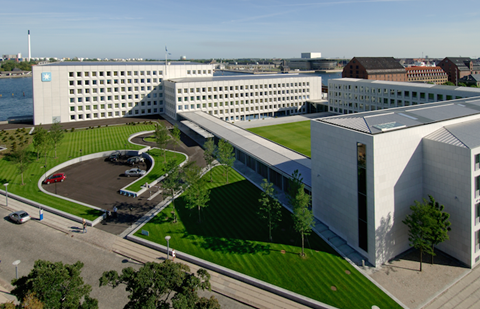
Danish transportation and energy organisation Maersk Group is to introduce improved maternity benefits for its employees globally.
In an effort to increase the retention of female staff following childbirth or adoption, from 4 April 2016, Maersk Group is to launch a new policy to enhance benefits during and after maternity leave.
The programme will include a scheme allowing a phased reintegration to work for all onshore employees and a global guaranteed minimum of 18 weeks maternity leave on full pay for all staff, subject to local workforce regulations. This will also give onshore employees the opportunity to work 20% less hours at full contractual pay within the first year of childbirth or adoption for up to six months after returning to work.
The phased return aims to provide women with a smoother transition back to work and improve retention rates.
The policy will improve terms for Maersk's female employees in at least 51 countries out of the 130 in which the group operates, compared to the statutory minimum. In the US, over 1,200 women employed will be eligible for 18 weeks of paid leave compared to their current paid leave, which is typically six weeks.
The new policy follows a study of female employee retention rates after childbirth across 76 countries. This found that Maersk's retention rate was 70% between 2012 and 2014, and that 80% of female employees who left did so in the first 12 months after returning to work.
Over the last three years an average of approximately 500 women have gone on maternity leave each year across the Maersk Group. As of February 2015, Maersk Group employed more than 23,000 female staff across its global locations.
The policy also includes one week of paternity leave and, depending on local laws, may provide some paid leave for the new child's primary caregiver, whether male or female.
Lucien Alziari, head of group HR at Maersk Group, said: “This new policy supports our aim to retain the talented women working at Maersk Group and attract even more to gain access to future and wider talent pools and strengthen our business results.
“When implemented, the new policy will strengthen our efforts to retain talented women, while at the same time result in additional benefits to the group, for example, via reduced hiring costs and productivity loss.
"Our aspiration is to reach a global best practice maternity retention rate of 90% over time.”











